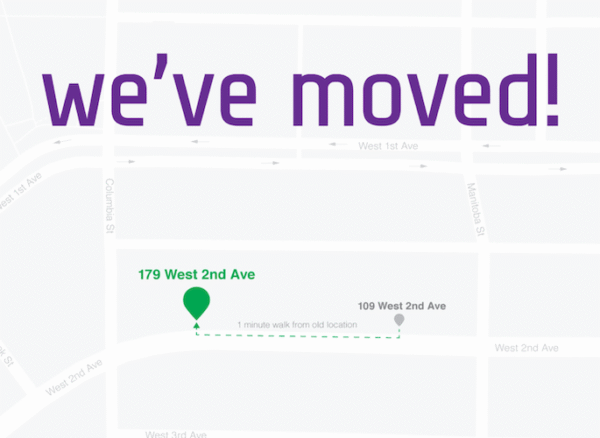Pelvic Health Physiotherapy
What is Pelvic Health Physiotherapy?
Pelvic Health Physiotherapy is a specialized form of treatment focused on the group of muscles involved in urinary, bowel, and sexual function, as well as core stability. These muscles stretch from the pubic bone to the tailbone and side to side between the sit bones, forming a supportive “trampoline” that plays a crucial role in bladder and bowel control, organ support, and pelvic stability.
At Focus Physio + Wellness, our physiotherapists assess and treat a wide range of concerns—helping to relieve pain, improve function, and restore confidence. While often associated with pregnancy or aging, pelvic floor dysfunction is common and treatable. Our goal is to help you prevent and resolve symptoms that many people are told to accept as “normal”—so you can move forward with strength and comfort.
WHAT YOU CAN EXPECT
During your initial assessment, your therapist will take a detailed health history, perform an external exam, and, if appropriate, an internal examination. The external exam includes assessment of posture, strength, and mobility in your lower back, hips, and pelvis. Breathing patterns are also analyzed, as the diaphragm, core, and pelvic floor work together. Improper breathing or breath-holding can significantly impact pelvic floor function.
An internal examination—performed vaginally and/or rectally—provides valuable insight into pelvic floor muscle strength, trigger points, and overall function. The exam is always guided by your comfort and personal boundaries, with the goal of understanding symptoms without causing pain.
Based on your assessment, you’ll receive a personalized treatment plan that may include education, visual aids, targeted exercises, manual therapy, activity modifications, and relaxation techniques.
Follow-up sessions focus on addressing the root cause of your symptoms through hands-on therapy, movement, breathwork, and ongoing support.
Schedule Your Session Today
Take the first step toward restoring comfort and confidence. Booking your pelvic health session is easy and confidential.







